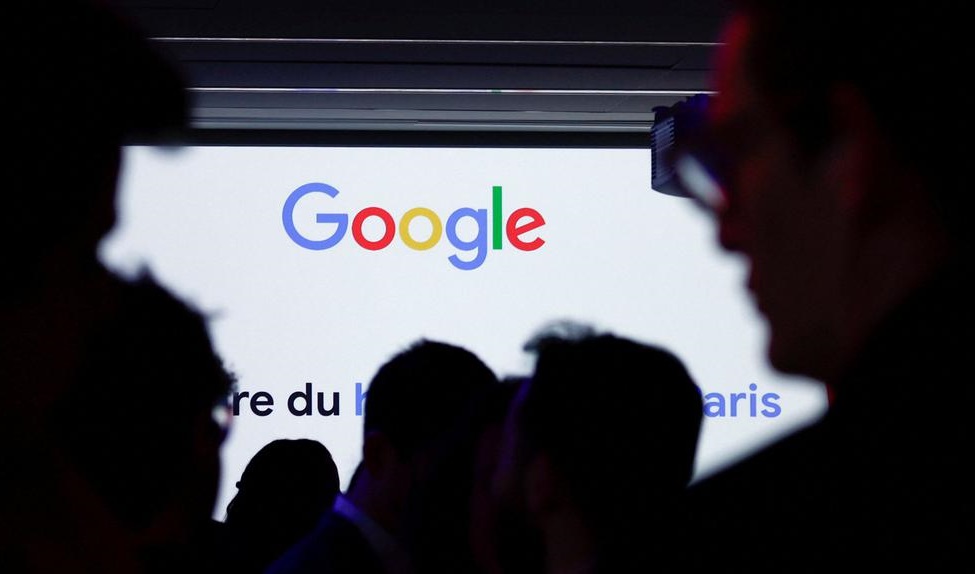Tech Executives from Adobe, Amazon, Google, IBM, Meta, Microsoft, OpenAI and TikTok gathered at the Munich Security Conference to announce a new framework for how they respond to AI-generated deepfakes that deliberately trick voters. Twelve other companies — including Elon Musk’s X — are also signing on to the accord.
“Everybody recognises that no tech company, no government, no civil society organization is able to deal with the advent of this technology and its possible nefarious use on their own,” said Nick Clegg, president of global affairs for Meta, the parent company of Facebook and Instagram, in an interview ahead of the summit.
As its happening: Tech based
The accord is largely symbolic, but targets increasingly realistic AI-generated images, audio and video “that deceptively fake or alter the appearance, voice, or actions of political candidates, election officials, and other key stakeholders in a democratic election, or that provide false information to voters about when, where, and how they can lawfully vote.”
The companies aren’t committing to ban or remove deepfakes. Instead, the accord outlines methods they will use to try to detect and label deceptive AI content when it is created or distributed on their platforms. It notes the companies will share best practices with each other and provide “swift and proportionate responses” when that content starts to spread.
The vagueness of the commitments and lack of any binding requirements likely helped win over a diverse swath of companies, but disappointed advocates were looking for strong assurances.
“Of course, it was AI-generated though it looks completely real,” the Congress party leader told Al Jazeera. “But a normal voter would not be able to distinguish; voting had started and there was no time for to control the damage.”
The astutely timed deepfake was a marker of the flood of AI-generated, or manipulated, media that marred a series of elections in India’s states in recent months, and that’s now threatening to fundamentally shape the country’s coming general elections.
Between March and May, India’s nearly one billion voters will pick their next national government in the world’s, and history’s, biggest elections. The threats posed by deceptive AI-generated media caught the world’s attention when faked explicit images of the artist Taylor Swift appeared on social media platforms in January. In November, Ashwini Vaishnaw, India’s information technology minister, called deepfakes a “threat to democracy” and Prime Minister Narendra Modi has echoed those concerns.
But with the increased availability of handy artificial intelligence tools, teams across India’s political parties, including Modi’s Bharatiya Janata Party and the Congress, are deploying deepfakes to influence voters, managers of nearly 40 recent campaigns told Al Jazeera.
While several AI tools used to generate deepfakes are free, others are available on subscription for as little as 10 bucks per video.
Find more at : https://economictimes.indiatimes.com/topic/ai-generated-election-trickery
Credits Economic Times
Similar Content : https://newsith.com/category/technology/
